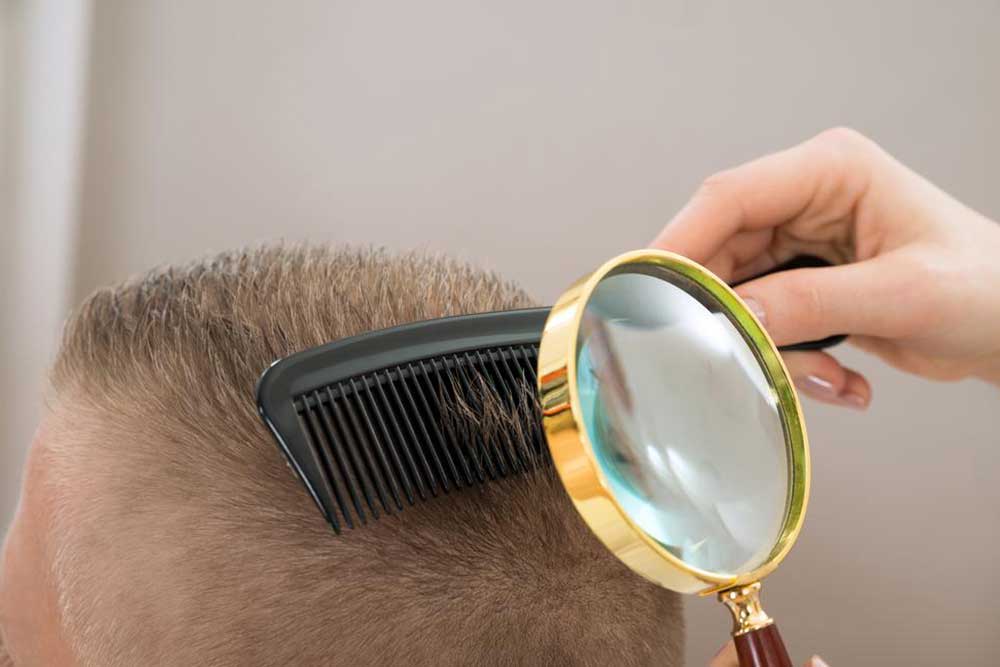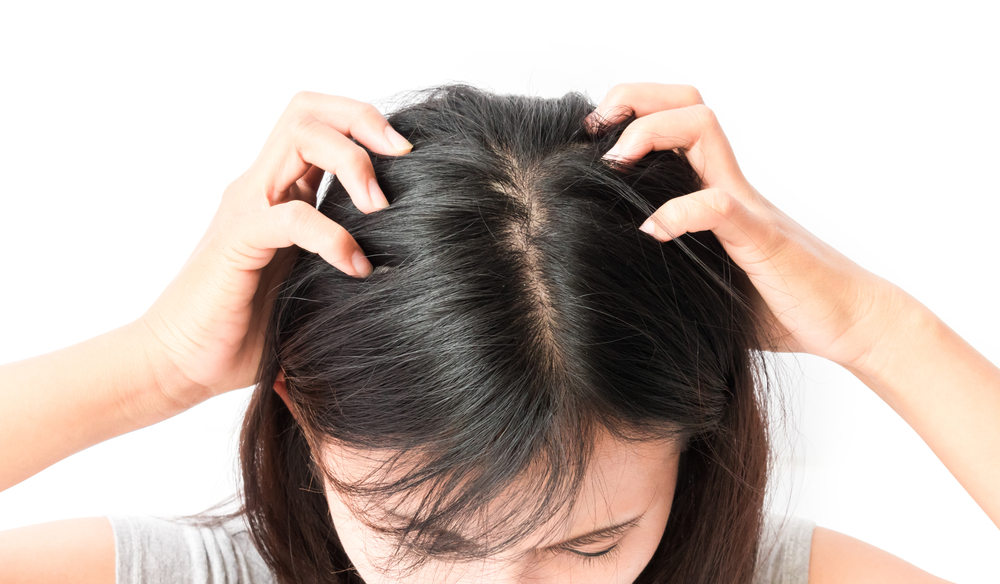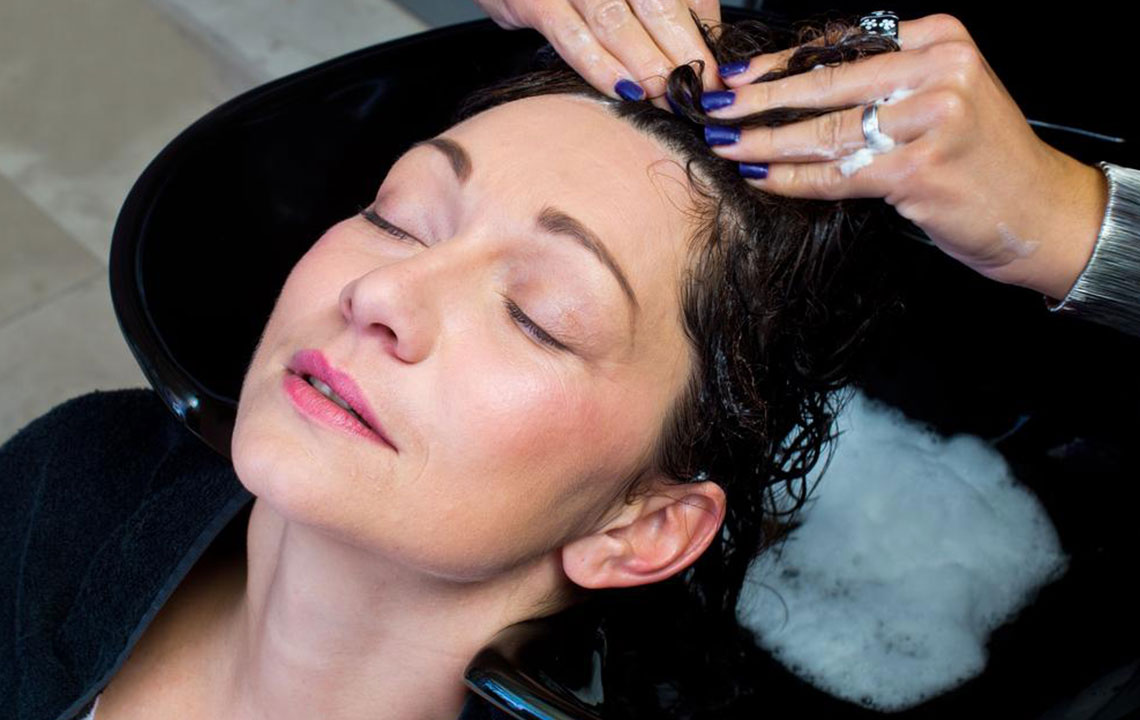Understanding and Managing Seborrheic Dermatitis: Causes and Remedies
Seborrheic dermatitis is a common skin condition causing dandruff, redness, and greasy patches, mainly on oily areas like the scalp and face. While no cure exists, proper skincare and prompt treatment can manage symptoms effectively. Recognizing symptoms and understanding risk factors such as immune system issues and neurological conditions are essential for prevention. Consulting a healthcare provider is advised if symptoms worsen or cause discomfort. Early intervention helps prevent complications like hair loss, improving confidence and quality of life.

Understanding and Managing Seborrheic Dermatitis: Causes and Remedies
Seborrheic Dermatitis is a common skin condition characterized by flaky patches, persistent dandruff, and redness. It predominantly affects oily areas such as the scalp, face, eyebrows, nose sides, eyelids, ears, and other oily regions. Those with oily skin are more susceptible to this condition. While there’s no permanent cure, adopting effective skincare routines can help control symptoms and prevent flare-ups.
Discover the causes and preventive tips for this skin issue below.
Signs of Seborrheic Dermatitis:
Flakes or dandruff on scalp, eyebrows, beard, or mustache.
Greasy patches with white or yellow scales on scalp, face, eyelids, ears, or other oily areas.
Redness of the skin.
Itching and discomfort.
Potential Causes:
Presence of Malassezia, a yeast in skin oils.
Immune system responses that are irregular.
Risk Factors:
Neurological conditions like Parkinson’s disease.
Weakened immunity due to HIV, organ transplants, or cancer.
Recovery from stressful illnesses such as heart attacks.
When to Consult a Healthcare Provider:
If the condition causes embarrassment or anxiety.
If infection signs appear.
If home remedies do not work.
If discomfort affects sleep or daily life.
Self-Care Strategies:
Use medicated shampoos, creams, and ointments to reduce inflammation.
Alternate antifungal treatments with other prescribed medicines.
Seek antifungal medications if recommended.
Notably, seborrheic dermatitis can lead to hair loss, impacting confidence. Early prevention and treatment are crucial as soon as symptoms emerge.










